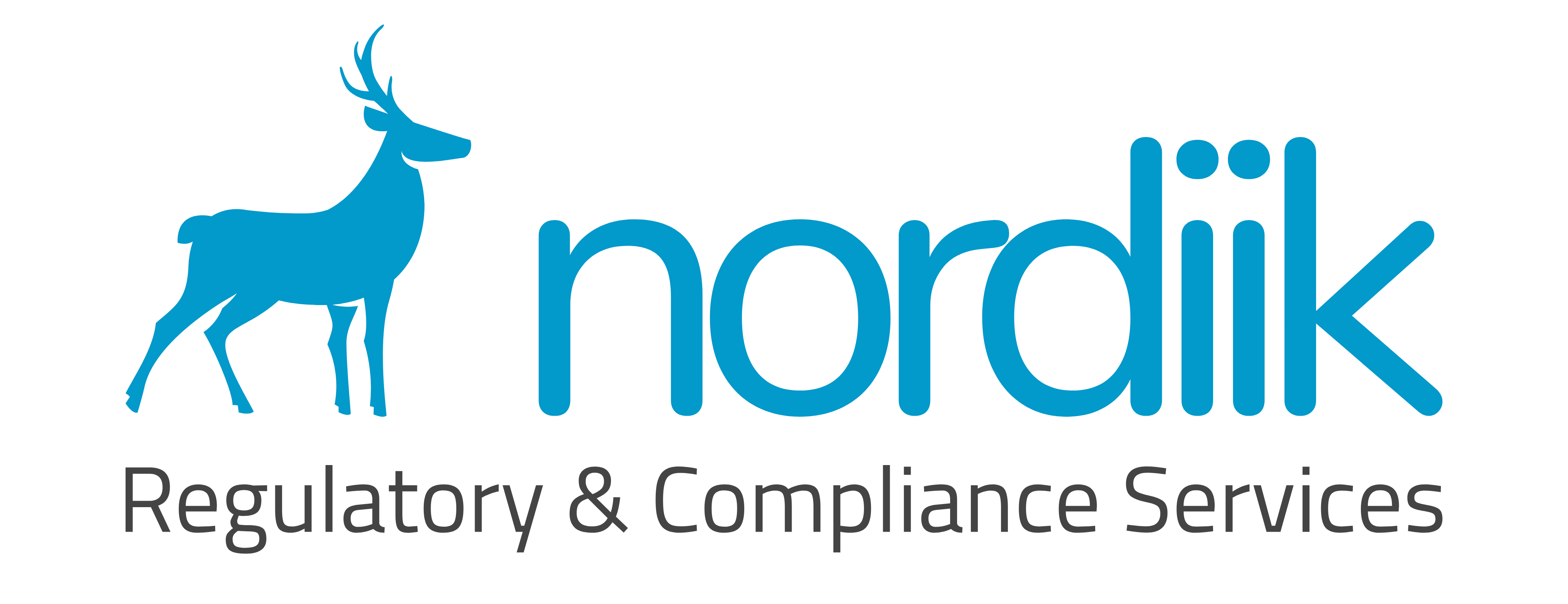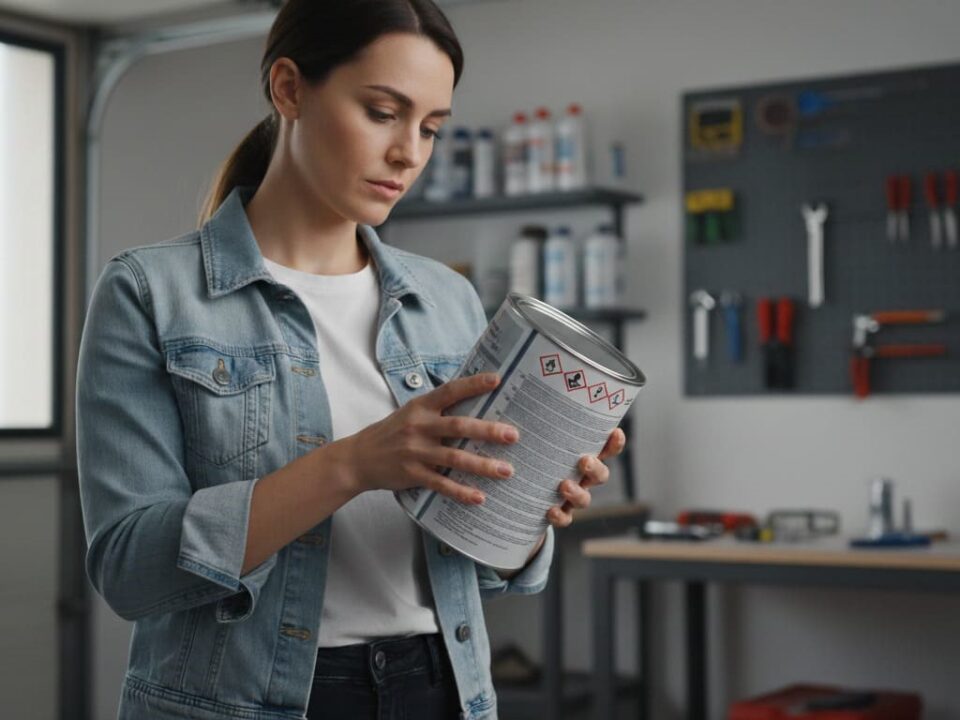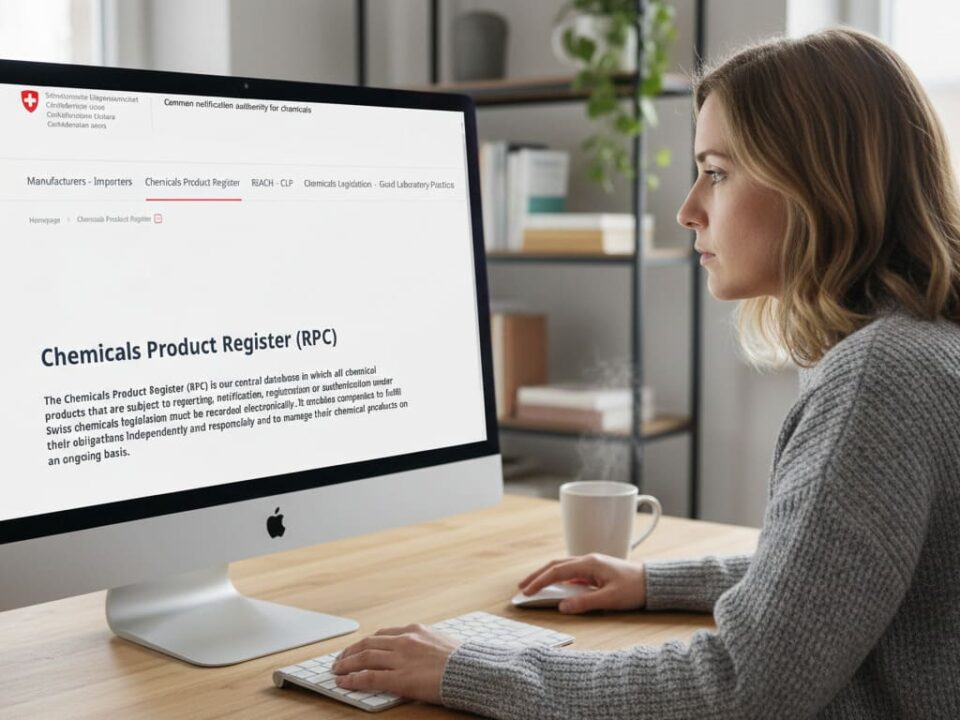New agreement for the amendment of the CLP Regulation on classification, labelling and packaging of chemicals
The European Council and the European Parliament reached a provisional agreement on 5 December 2023 for the amendment of the CLP Regulation. This agreement focuses primarily on adapting the regulation to online sales.
This amendment to the CLP Regulation updates the existing EU legislation from 2008. It aims to clarify the rules on the labelling of chemical substances and the information required for chemicals and chemical products sold online.
The provisional agreement adapts the CLP Regulation to different forms of trade (such as e-commerce or the trade of refill products). It also promotes the circularity of chemicals, makes labels easier to understand (including digital labelling), and ensures a high level of protection against chemical hazards.
Clearer information on chemical hazards
The popularization of new commercial trends (such as online shopping or the reuse of containers to buy in bulk) together with the emergence of new hazards related to the use of chemical products (for example, the presence of endocrine disruptors or the long life of certain substances) required an update to the existing legislation from 2008.
The proposed Regulation seeks to increase the protection of human health and the environment, along with easier access to up-to-date information on chemical hazards and simplified labelling rules. The proposed Regulation also introduces other measures, including:
- Better and faster processes for all actors to provide information on the hazards of chemical substances placed on the EU market.
- Communication of chemical hazards, including online, through simpler and clearer labelling and advertising requirements (e.g. a minimum font size for labels of chemicals).
- New powers for the Commission (in addition to Member States and industry) to accelerate the procedure for identifying hazardous substances and make the necessary classification proposals.
- Specific rules for refillable chemical products, so that consumers can safely buy and use chemical products, such as home care chemicals, sold in bulk.
Key elements of the agreement
For substances with more than one constituent (MOCS), the provisional agreement includes a five-year derogation for MOCS of plant or plant parts that have not been chemically modified. After this time, the Commission may propose new legislation for those products based on a scientific report. Other MOCS, such as petrochemicals, will be within the scope of the Regulation.
The provisional agreement reached by the co-legislators sets out the scope of the Regulation for harmonised classification of substances in all physical states. The compromise clarifies that the Regulation also applies to online sales, including purchases in digital marketplaces.
The text of the compromise requires that most chemical products bear a physical label, while the digital label may also be an option for suppliers. It also introduces measures to make the labels clearer and easier to read, especially for people with visual impairments. For certain products, the supplier can provide data only in digital format, although a consumer can always request a physical copy of the information.
For products purchased at refill stations, the provisional agreement aims to reduce the associated risks (overfilling, contamination, operation by children, etc.).
Finally, the provisional agreement aligned different provisions concerning new hazard classes to avoid duplication with ongoing assessments that are currently conducted under different legislation.
Nordiik can help you comply with the CLP Regulation. Contact us to discuss your case.
Source: CE









